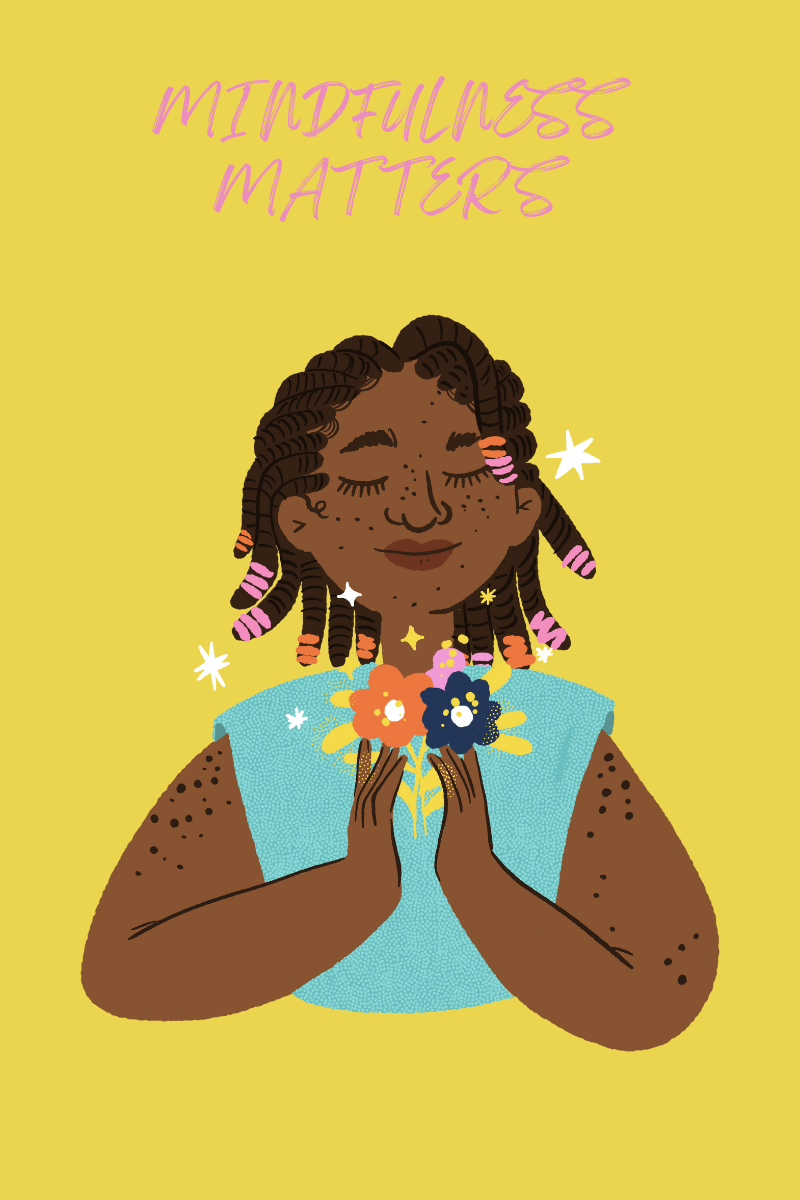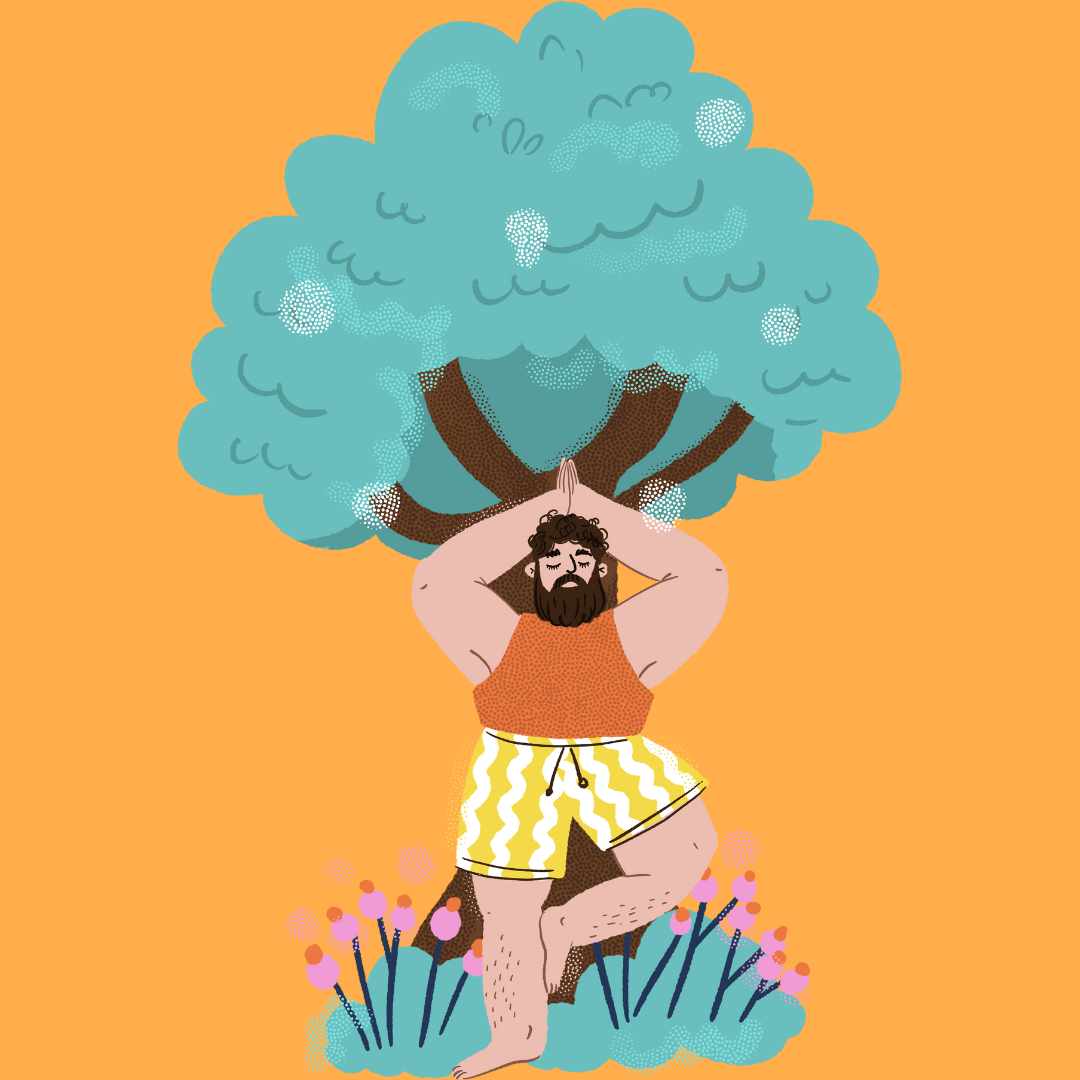How Mindfulness empowers us
The mental health world has touted the phrase “mindfulness” for the better part of a decade now. A practice rooted in Buddhism became well known overnight, or so it seemed. Mindfulness has become so popular that it seems to have turned into another task to add to the long list of daily activities.
What was once used to create a deeper connection to self and our environment has become more of a chore than an opportunity to reflect and check in. So often I am asked the question, “What does it mean to be mindful?” and I find myself reaching for the right words to use when answering. In truth, mindfulness is simple. But sometimes the simplest things are the hardest to explain.
Mindfulness is about being fully present, aware, and non-judgmental of your thoughts, feelings, and surroundings. The goal is to gain a deeper sense of self-knowledge and wisdom. Having a deeper understanding of ourselves allows us to move through life more intentionally and with the ability to experience distress without it derailing our day.
Ok, so, this might be getting a little too deep. Let’s try a real-life example of how mindfulness can be empowering. Let’s say you’re a daily commuter, and on average it takes you about 15 minutes to get to work. One day you’re running late getting out the door, and you’re feeling a little anxiety around being late. You get in your car and begin your drive to work; about 5 minutes into the drive, you realize you forgot your coffee. Now, not only are you late, but you forgot your energy source. Both of these are called vulnerabilities, but we’ll discuss that in a later post.
Since you’re running late this morning, you’re driving a little faster than usual, and suddenly someone cuts you off and hits their brakes, nearly causing you to hit them. You are officially upset. Your heart starts racing, your chest feels tight, and you’re yelling at the driver in front of you as you swerve into the next lane to get around them, nearly hitting another driver. All of these feelings and emotions make sense because, of course, you have the right to be angry, but it’s how you’re handling that anger that could put the rest of the day into negative motion. You reacted emotionally instead of responding wisely.
Mindfulness would have you recognize the feelings in your chest, your racing heart, and the angry emotions you are experiencing. Mindfulness would encourage you to tune into yourself and engage in a calming practice like belly breathing or positive self-talk. Acknowledging and accepting your emotions and feelings is part of the mindfulness process. Engaging in breathing exercises or positive self-talk could change your reaction to the environment. Acting non-judgmentally and reminding yourself that you cannot change the current situation—whether you're running late, forgot your coffee, or someone cut you off—can be helpful. Giving yourself grace for feeling upset or angry can release you from any guilt you might have about your behavior and decrease your desire to be reactive.
The less reactive we become and the more in tune with ourselves we are, the easier it is to stay regulated and manage distressing events. Engaging in the practice of mindfulness doesn’t have to be arduous or an added task, but rather an action that we participate in throughout the day. A simple reminder that I can’t change what’s already happened or what’s happening now, but I can accept it and how it makes me feel—for better or for worse—and respond wisely.
Give it a try. The next time you’re running late for work, or feeling frustrated because someone didn’t do the dishes or walk the dog, pause. Check in with yourself, name your feelings and emotions, accept that they exist, and before you become reactive, engage in deep breathing, take a walk, listen to your favorite song, eat a sour candy, or even drink a glass of water and focus on the coolness of the water. Try engaging in a mindful activity this week and let us know how it went. What did you do? How did you feel afterward? Want to know more about how mindfulness is empowering? Click the link HERE to hear more.


